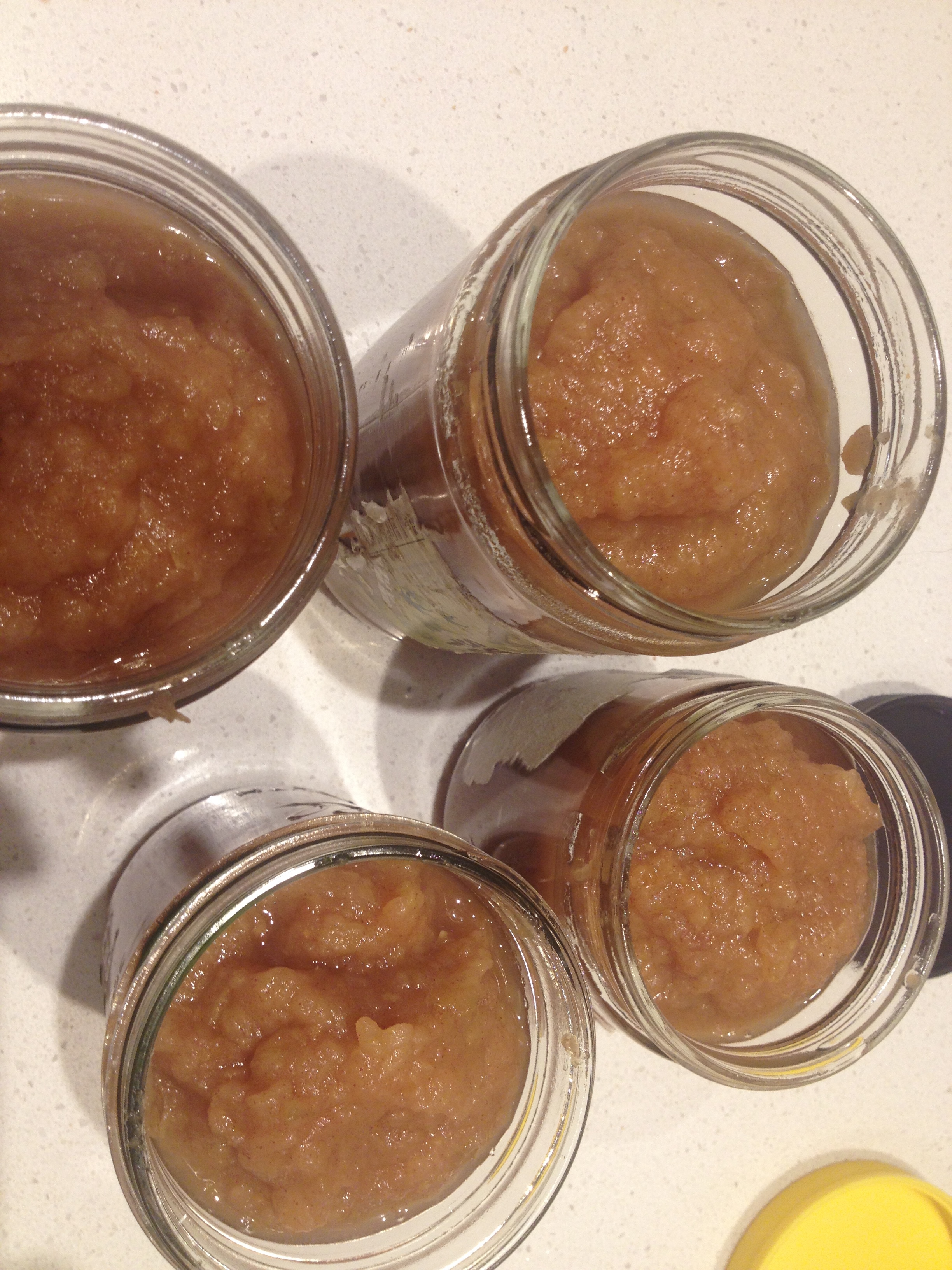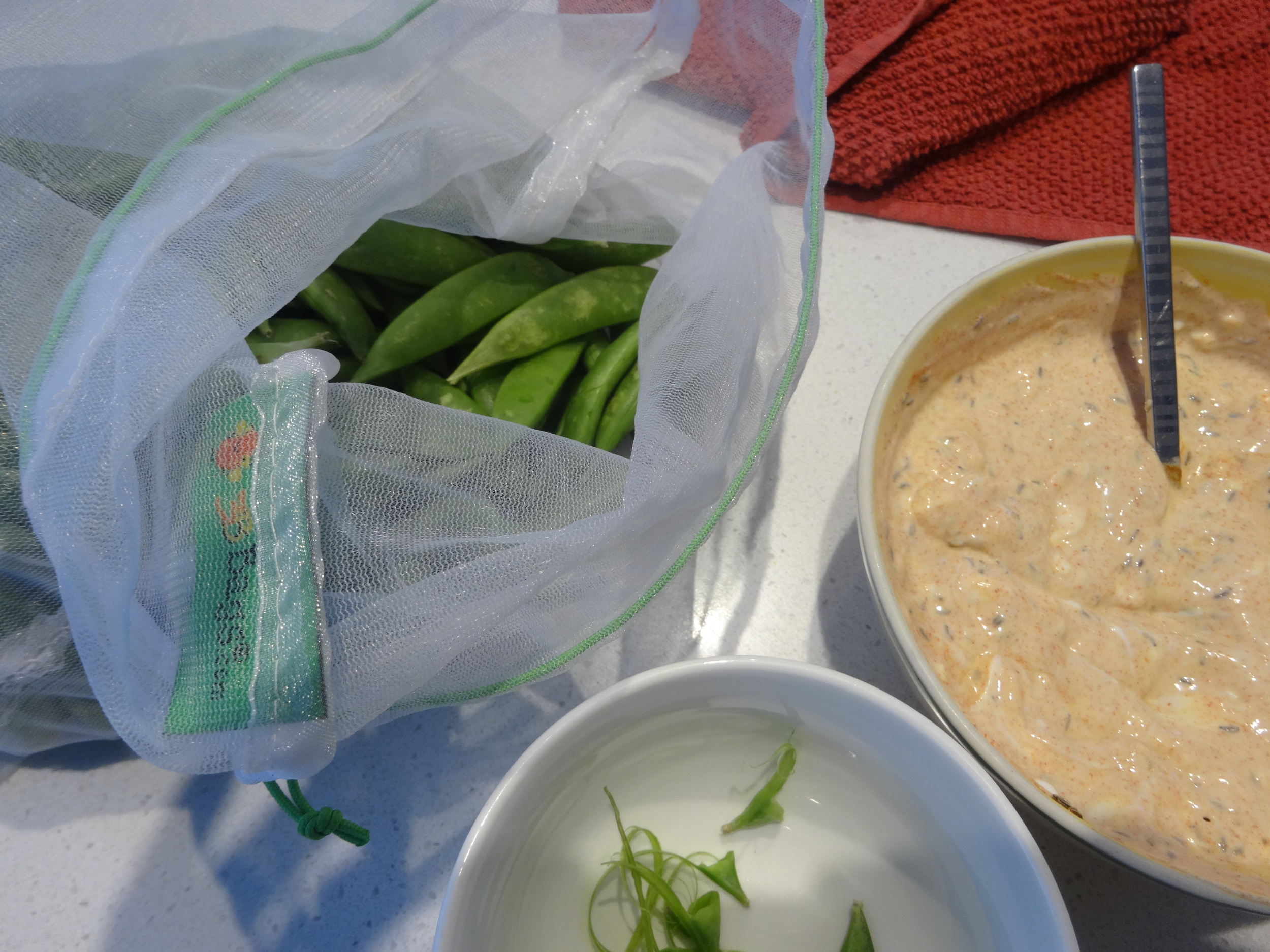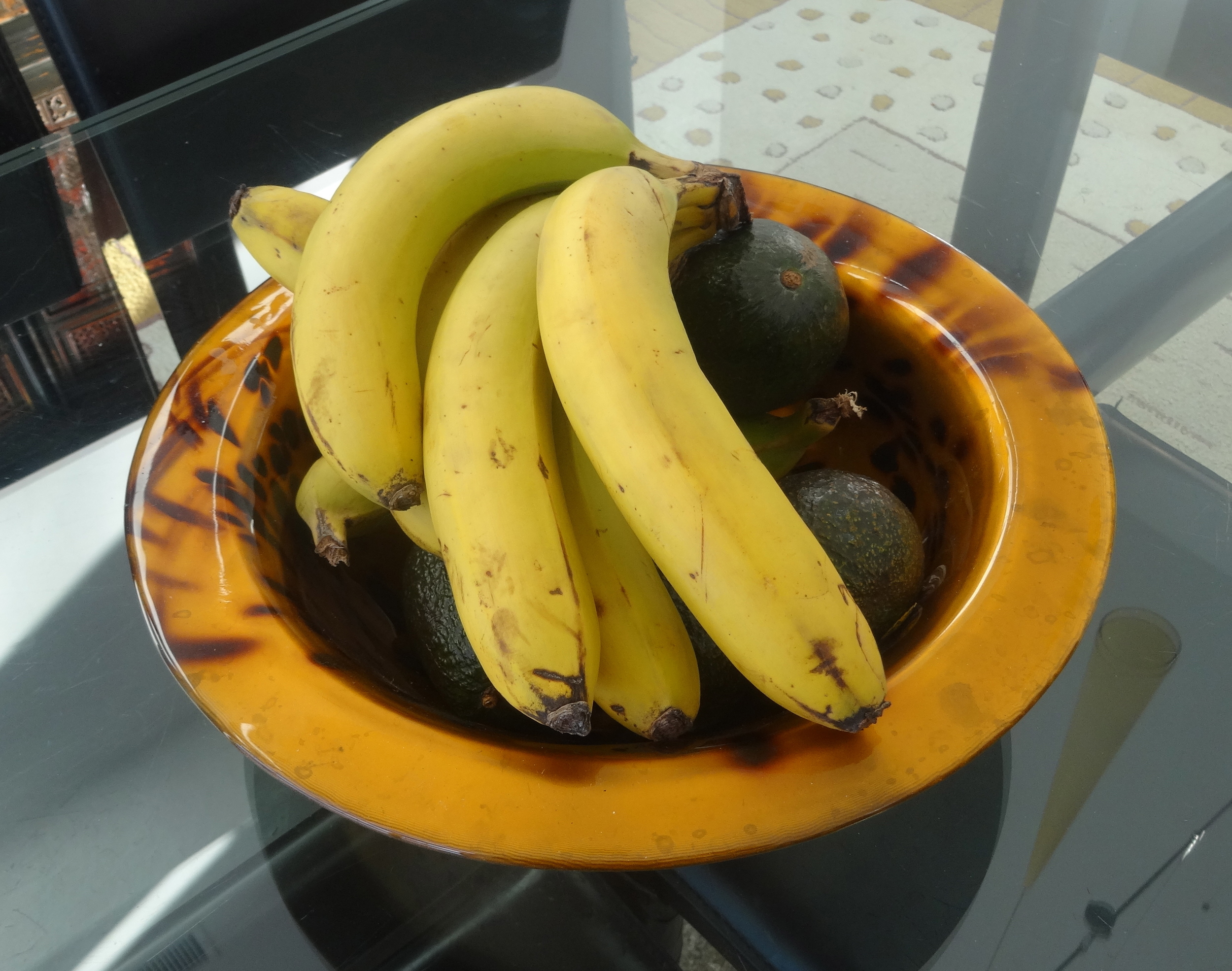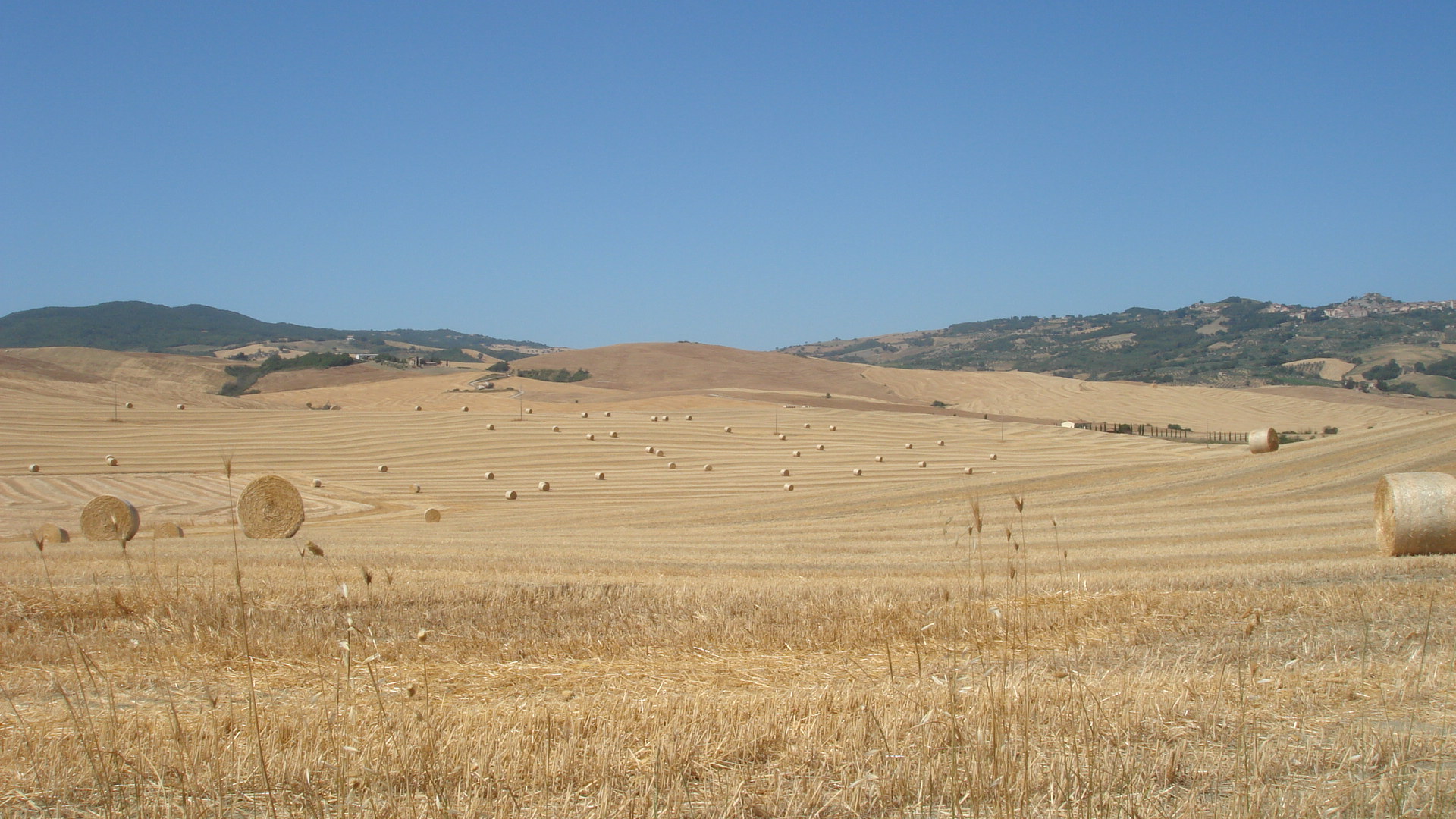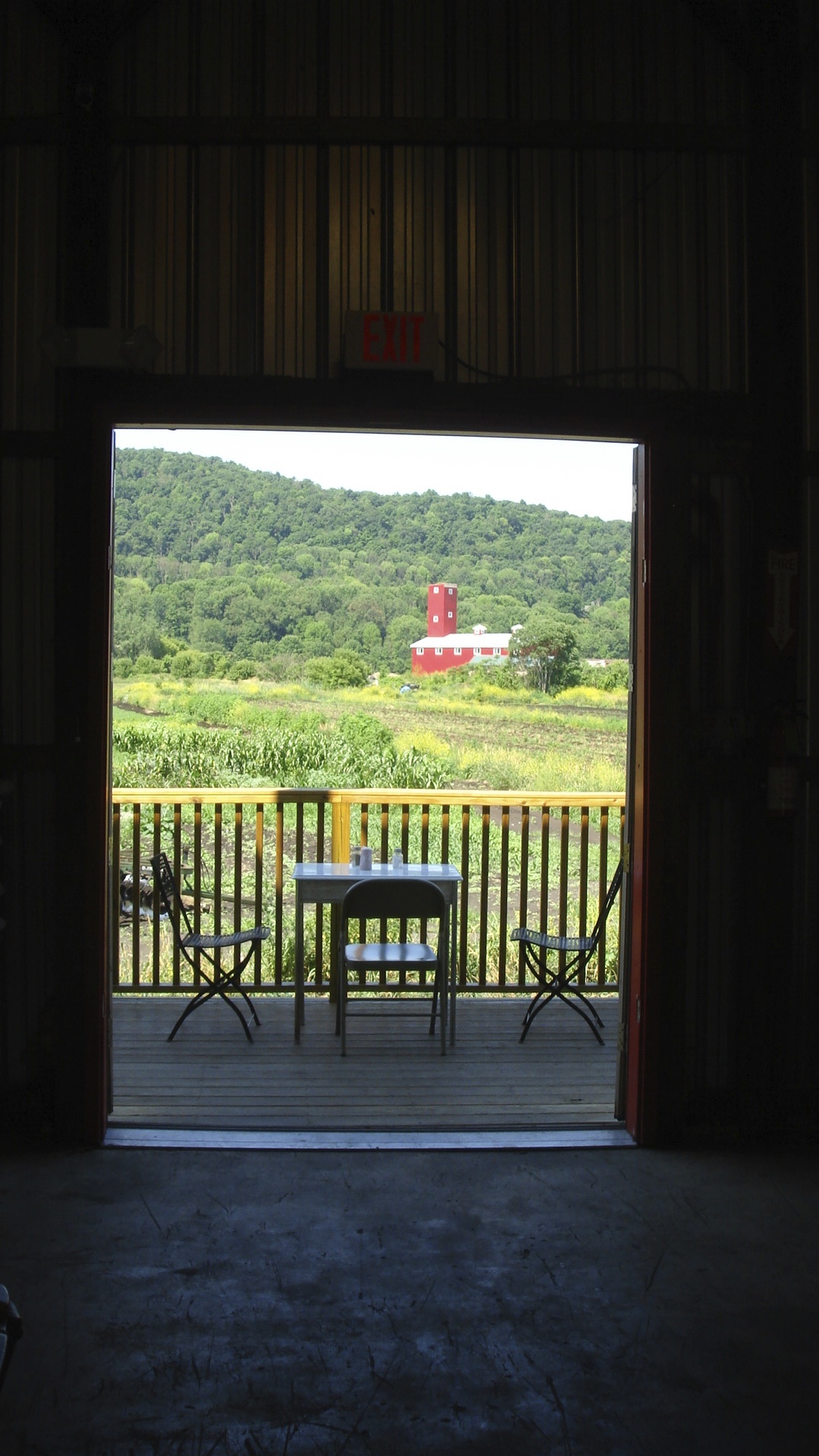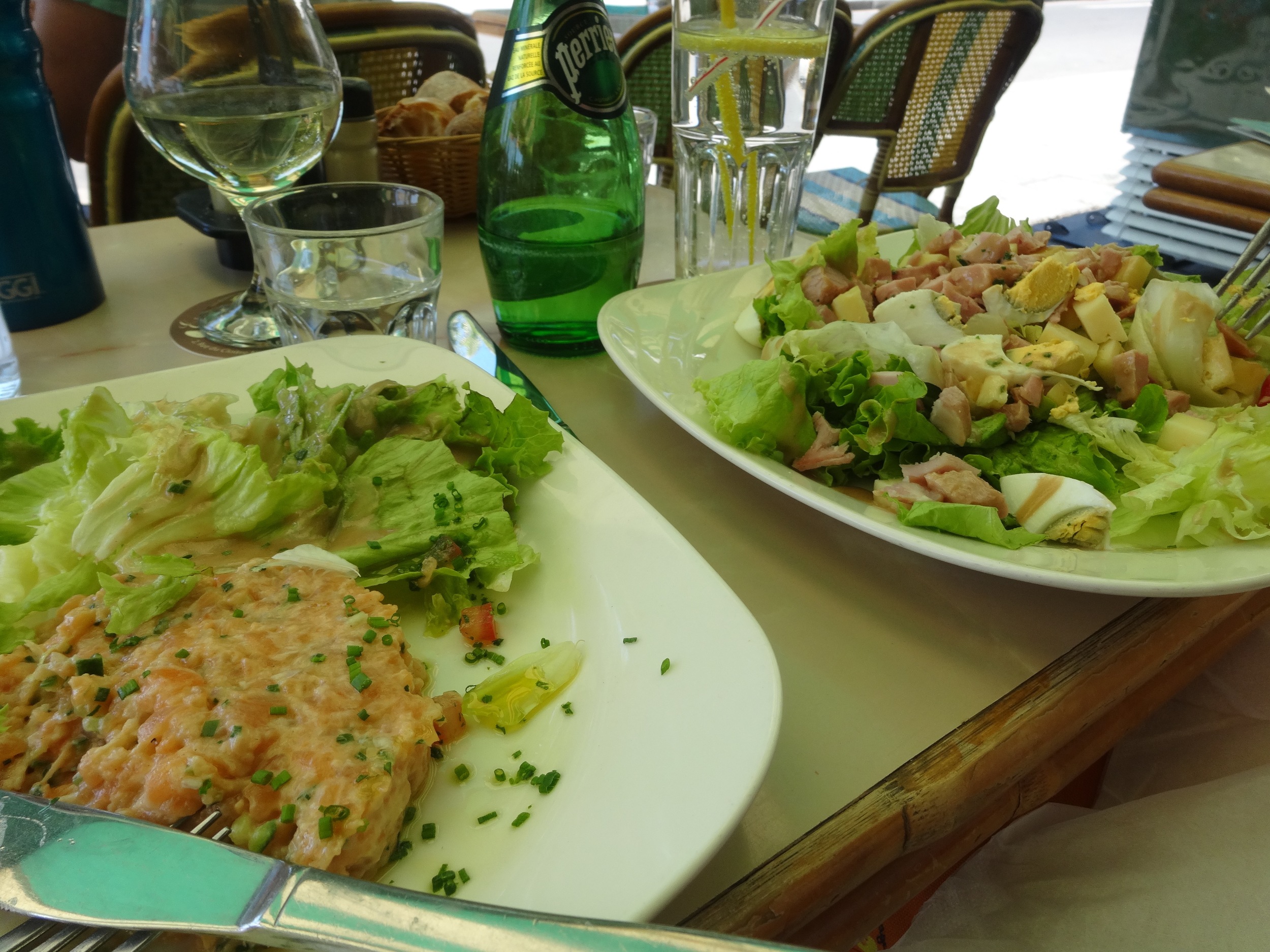 "Madame," the waiter in the small town of Amboise in France said to me with a serious face, "I cannot serve you if you don't have enough time for lunch." My daughter and I were on a breath taking whirlwind group tour through France and Spain and we had a 2:30 château visit scheduled. We had just breezed into town from Chartres. It was 1:45 when we sat down in the little sidewalk café, and I had just told the waiter that we had 45 minutes for lunch - not a lot. Well, the French like to take their time with meals, and rightfully so, have their wine, linger, chat - especially on the week-end. And here I came to tell the waiter to rush, on a Saturday of all days. It went very much against his grain as well as mine.
"Madame," the waiter in the small town of Amboise in France said to me with a serious face, "I cannot serve you if you don't have enough time for lunch." My daughter and I were on a breath taking whirlwind group tour through France and Spain and we had a 2:30 château visit scheduled. We had just breezed into town from Chartres. It was 1:45 when we sat down in the little sidewalk café, and I had just told the waiter that we had 45 minutes for lunch - not a lot. Well, the French like to take their time with meals, and rightfully so, have their wine, linger, chat - especially on the week-end. And here I came to tell the waiter to rush, on a Saturday of all days. It went very much against his grain as well as mine.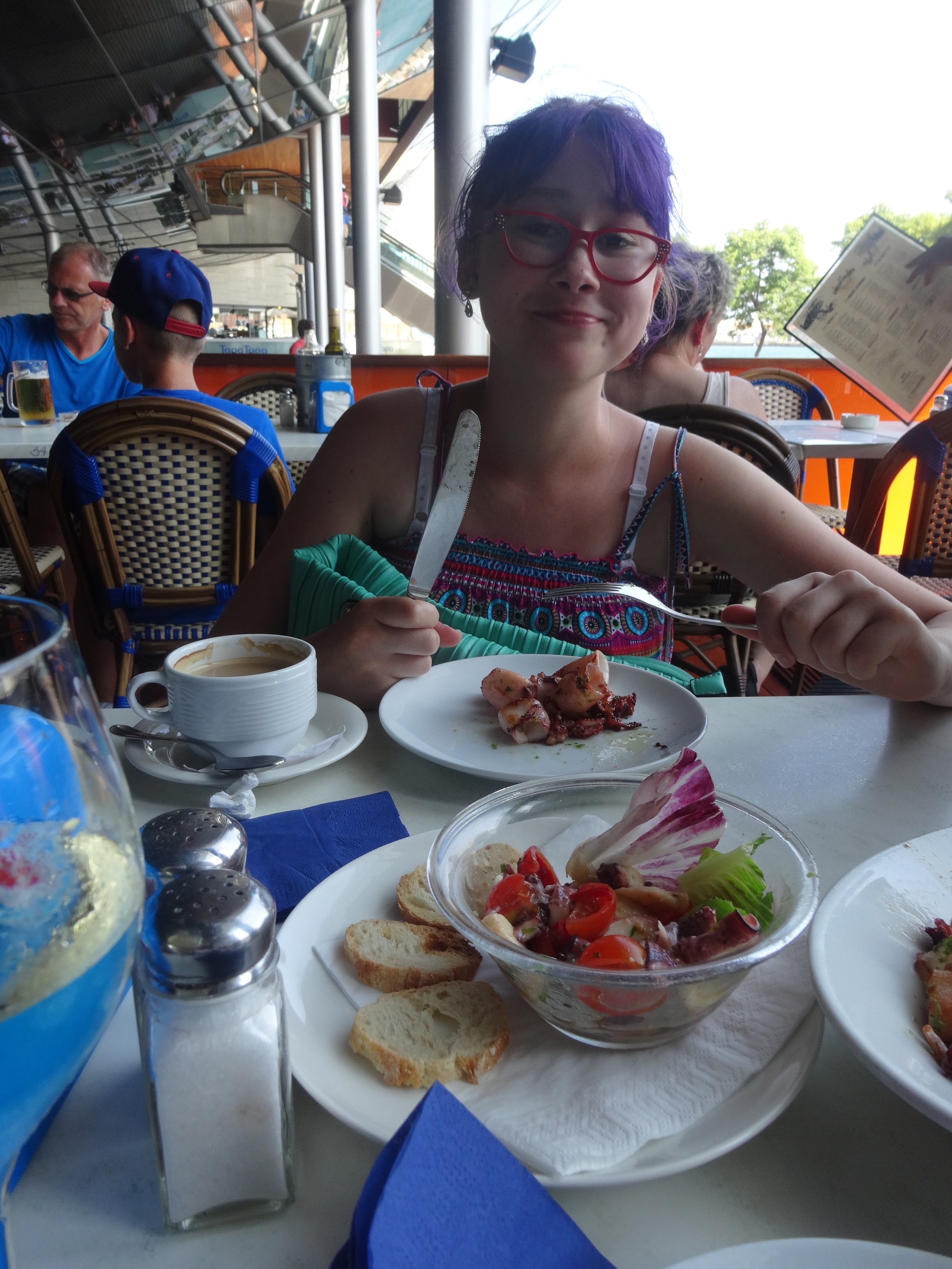
 I hate to rush meals. As a matter of fact, I hate to rush, period. Life doesn't get much better than a lazy summer lunch in a small French town in a small restaurant, choosing whatever house specialty is on the blackboard that day - a delicious tuna tartar one day, this time a big salad with roasted pork belly and local goat cheese, another time grilled squid and vegetables and an octopus salad, a glass of wine from the area, watching the people passing by, listening to the birds, and enjoying the fantastic weather.
I hate to rush meals. As a matter of fact, I hate to rush, period. Life doesn't get much better than a lazy summer lunch in a small French town in a small restaurant, choosing whatever house specialty is on the blackboard that day - a delicious tuna tartar one day, this time a big salad with roasted pork belly and local goat cheese, another time grilled squid and vegetables and an octopus salad, a glass of wine from the area, watching the people passing by, listening to the birds, and enjoying the fantastic weather.
Life is better when it's slow.







